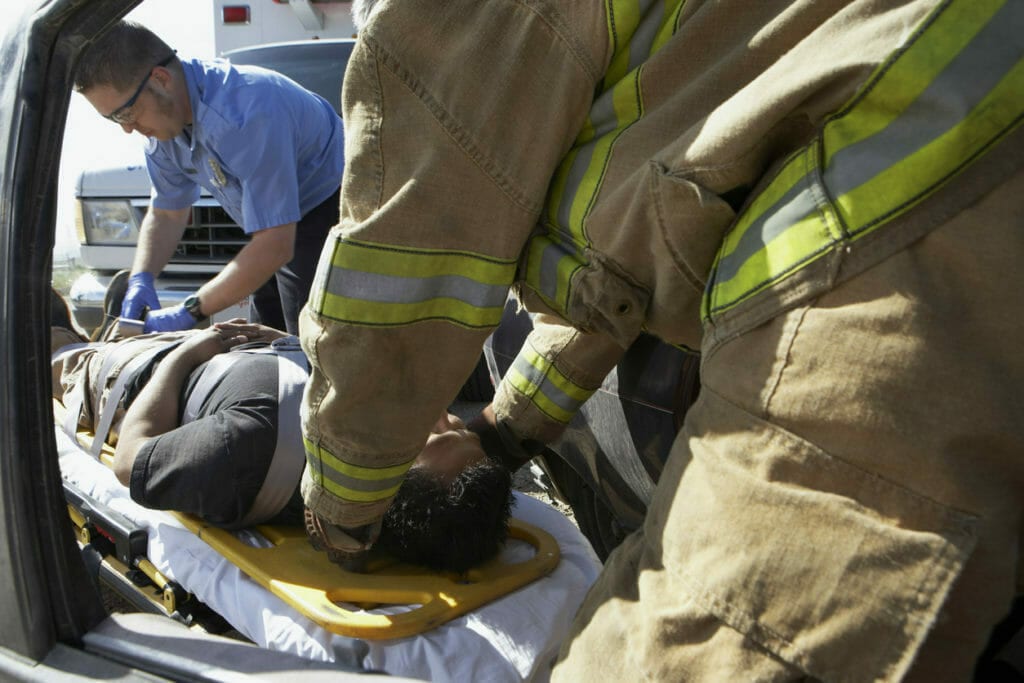Just about every state in the U.S. requires vehicle drivers to carry a minimum amount of insurance, regardless of whether the vehicle they’re operating is a car, a truck or a motorcycle. It’s no different here in North Carolina, where the State mandates you carry a minimum of liability coverage before your vehicle may be legally operated on public roads. Not only are you required to purchase at least the minimum amount of liability insurance required, but you must present proof of this insurance in order to register and license your vehicle. If at any time your insurance lapses or is no longer in force, your insurance company is required to notify the Department of Motor Vehicles who, in turn, will require that you surrender your vehicle license plates.
The 30/60/25 Rule
While there are numerous types of automobile coverage options available from most Greensboro car insurance companies, only two types of coverage are required by the state. These include liability protection and uninsured motorist coverage. Both follow the 30/60/25 Rule, which designates the minimum dollar amount of coverage required (in thousands).
The 30 stands for $30,000, which is the maximum amount a Greensboro car insurance 30/60/25 policy pays toward injuries/death of a single person involved in a vehicle accident. The 60 represents $60,000, which is the maximum total paid toward all third-party injuries or deaths in a single accident. The 25 stands for $25,000, which is the maximum total amount that will be paid toward property damage, such as another person’s car, in a single accident.
Liability Coverage is for “the Other Guy”
Liability coverage only pays others who’ve suffered a loss in an accident for which you’re held responsible. It pays nothing toward your own injuries or property loss. In order to be covered for these, you must obtain additional coverage besides liability, such as collision and medical payments coverage.
Uninsured Motorist Coverage
If you suffer a loss in an accident deemed the responsibility of another driver, it’s the responsibility of their liability insurance coverage provider to pay toward the cost of your injuries and/or property loss. If they were driving without the legally required liability protection, your uninsured motorist coverage is meant to pay toward your injuries or property loss. The required minimums for this coverage is also 30/60/25. These minimums, however, are unrealistically low, and the experts agree that you should consider increasing the dollar amounts.

